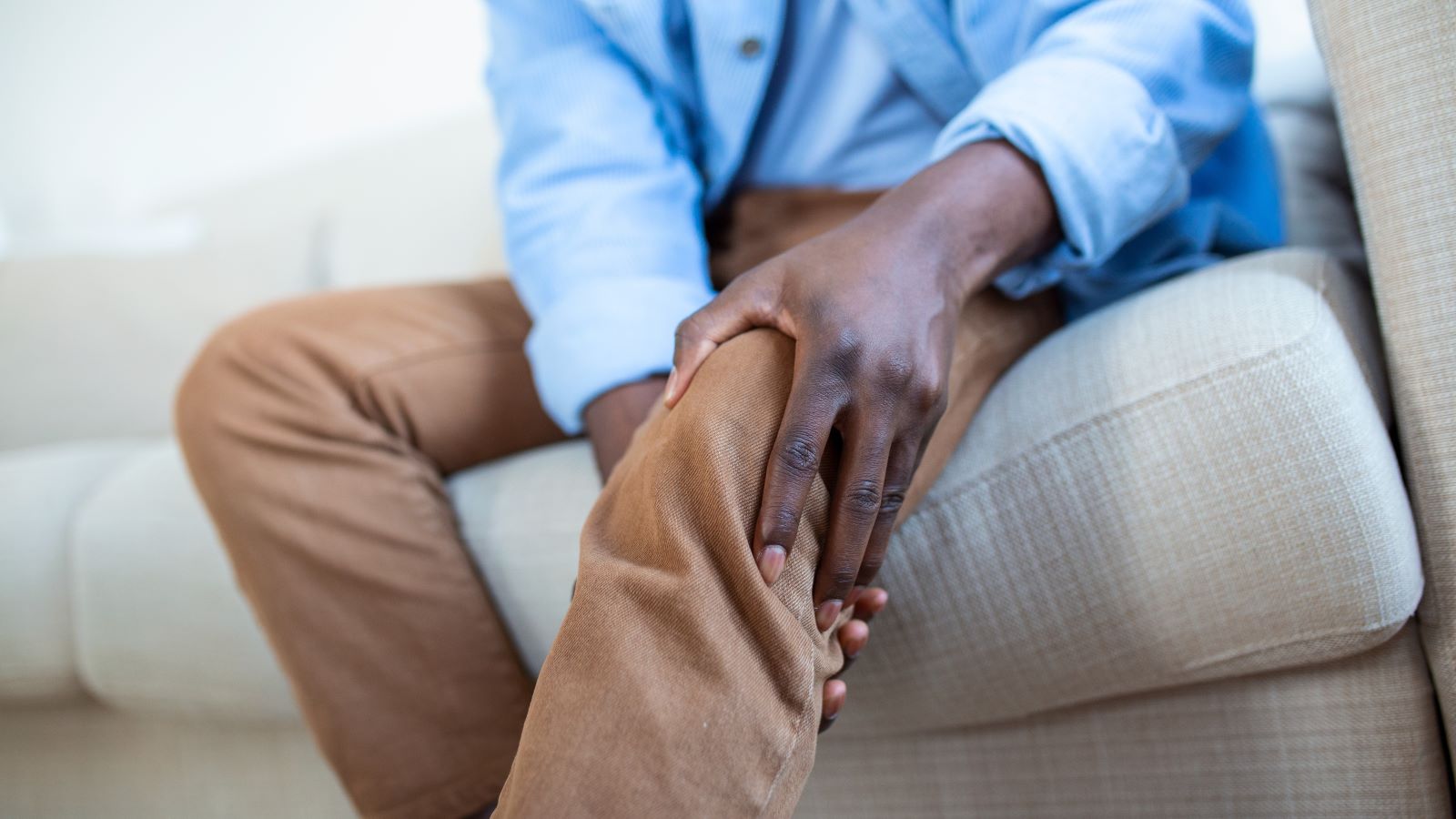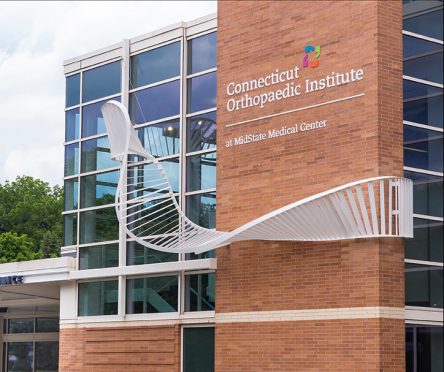We’d all like to greet the day with a spring in our step. But what if your body doesn’t cooperate? If your knees hurt in the morning, it could be anything from the normal effects of aging to something more serious.
We asked Adam Driesman, MD, an orthopedic surgeon, to explain.
It’s normal to wake up feeling a bit stiff.
Just like your car needs regular oil changes to keep humming along, your joints need lubrication to keep moving smoothly. Your body creates its own, called synovial fluid.
But here’s the catch: Your joints only produce synovial fluid when you’re moving around. If you’re inactive for a couple hours, this fluid begins to thicken up. After, say, eight hours of sleep, it congeals into what experts call “morning gel.” (Cute, right?)
As a result, you may wake up feeling stiff. You’ll notice this more as you get older, because your joints produce less synovial fluid to begin with.
“If you don’t have pain, and the stiffness goes away once you start moving, it’s probably nothing to worry about,” says Dr. Driesman.
> Related: 3 Steps to Reduce Knee Pain at Home
If your knees hurt in the morning for just 10 or 15 minutes, it may be osteoarthritis.
Welcome to another grand tradition of aging: osteoarthritis.
Osteoarthritis is the most common type of arthritis. It comes for most of us as we get older, typically from age 50 on. It’s especially common and painful if you have an old knee injury, are overweight, or regularly put a lot of stress on your joints.
Think of it as the “wear and tear” type of arthritis. “With osteoarthritis, your cartilage thins to a point where the bone, which has pain fibers in it, is exposed,” says Dr. Driesman.
If this is happening in one of your knees, and you sleep on your side or in another position that puts pressure on it, you’ll wake up with knee pain. Try sleeping with a pillow between your legs to keep your knee in a neutral position.
> Want more health news? Text StartHere to 85209 to sign up for text alerts
When should you see a doctor?
If your morning knee pain lasts for more than an hour, talk to a doctor. It could be an autoimmune condition like rheumatoid arthritis, which requires specialized care.
Otherwise, if your knee pain seems like the normal wear and tear of osteoarthritis, consider a couple questions.
First, how are you sleeping? “If you’re continually waking up in the middle of the night with pain, that’s a red flag,” says Dr. Driesman.
Second, once you wake up, are you able to get moving? “If knee pain is affecting your ability to do your normal activities in the morning, you should consult an expert,” says Dr. Driesman.
From exercise and anti-inflammatory medications to more specialized treatments like surgery, you’ll learn a number of options to keep joint pain at bay.
“Our ultimate goal is for you to have our mobility, so we can maintain your health,” says Dr. Driesman.
Let’s get that spring back in your step.


